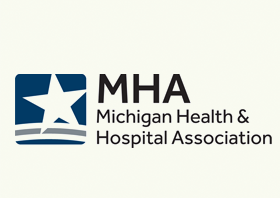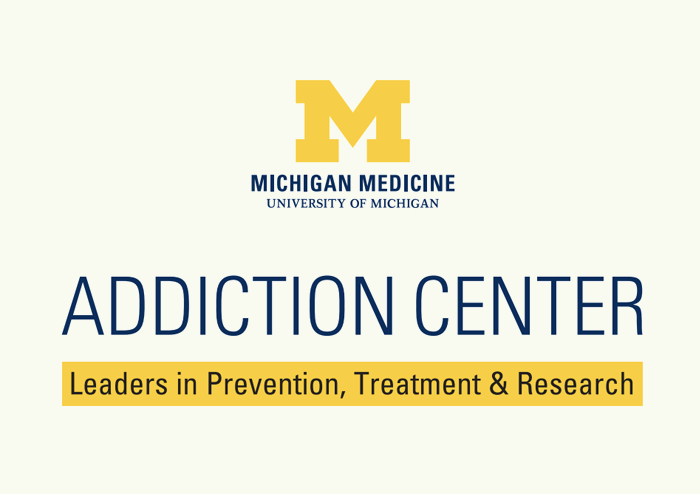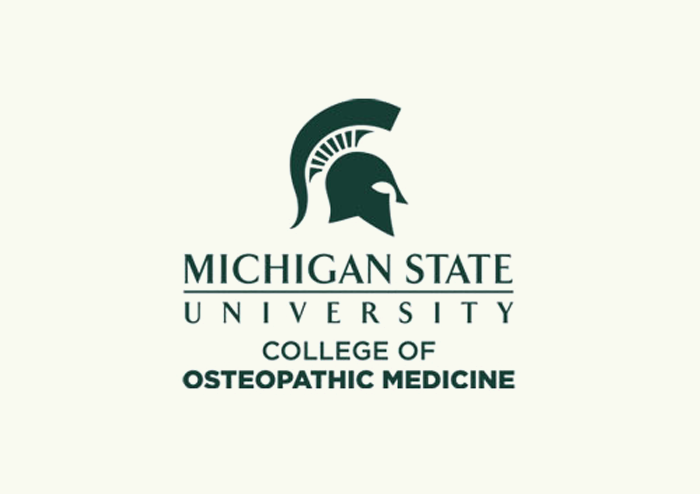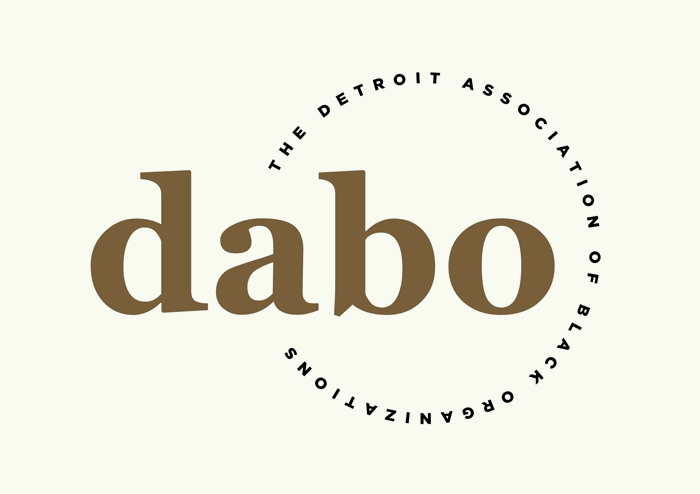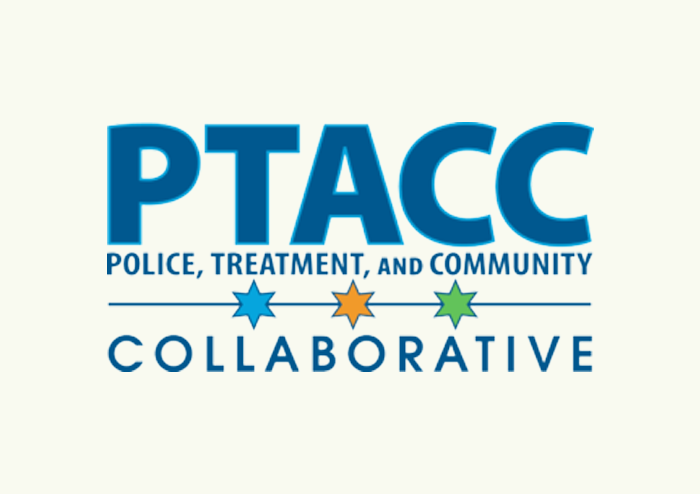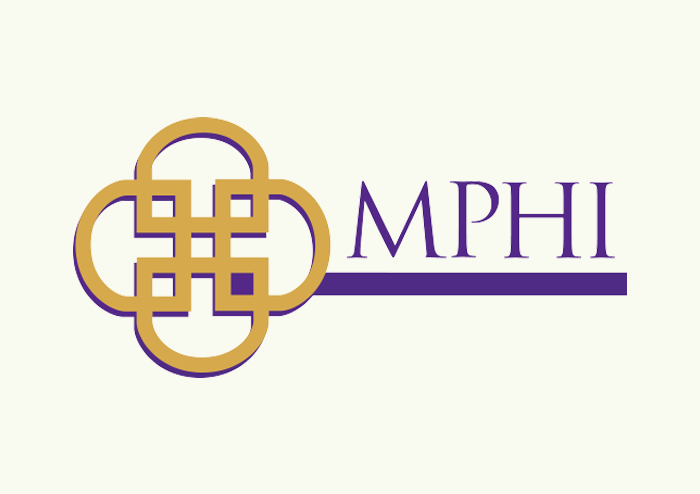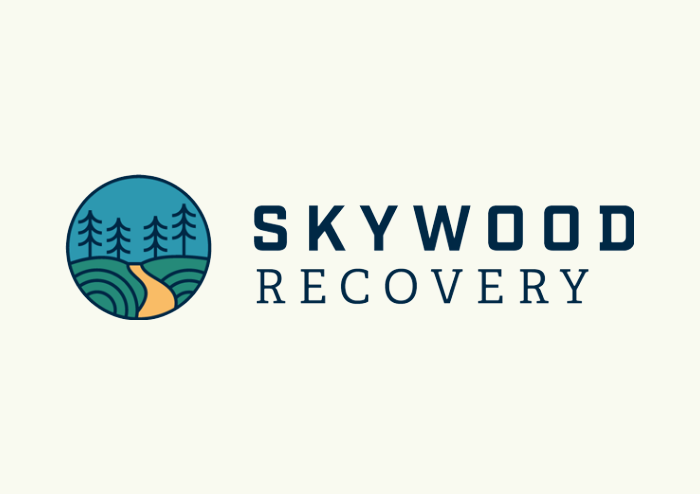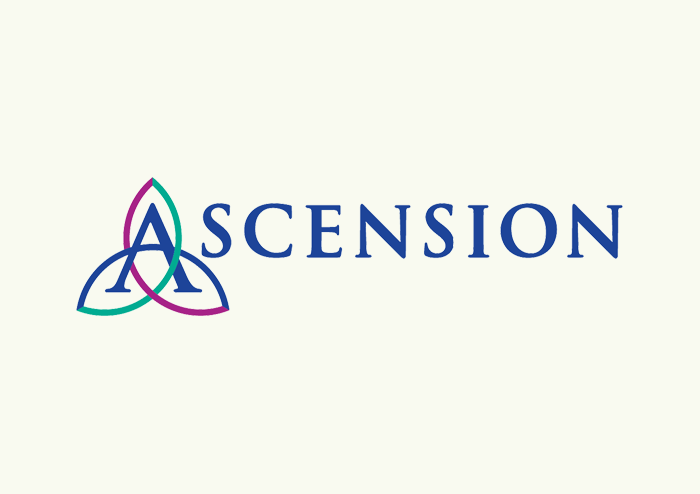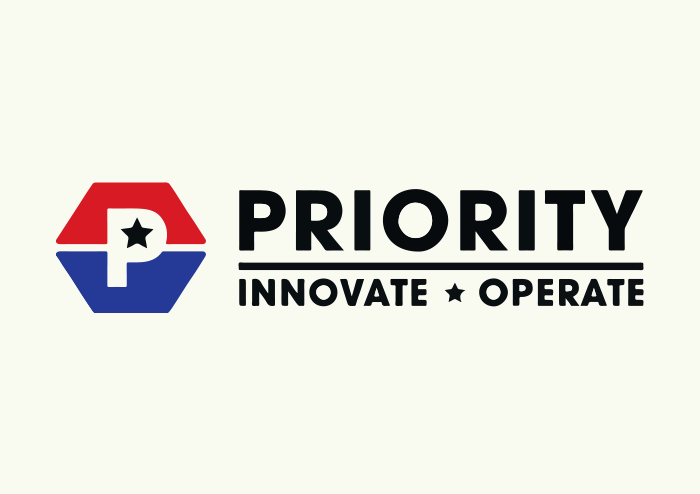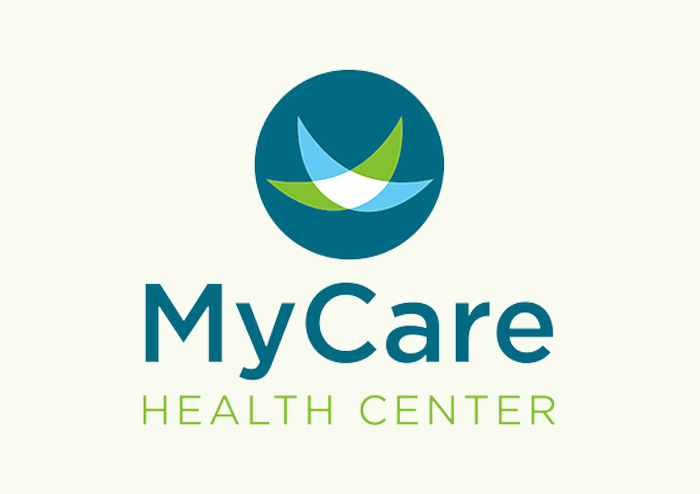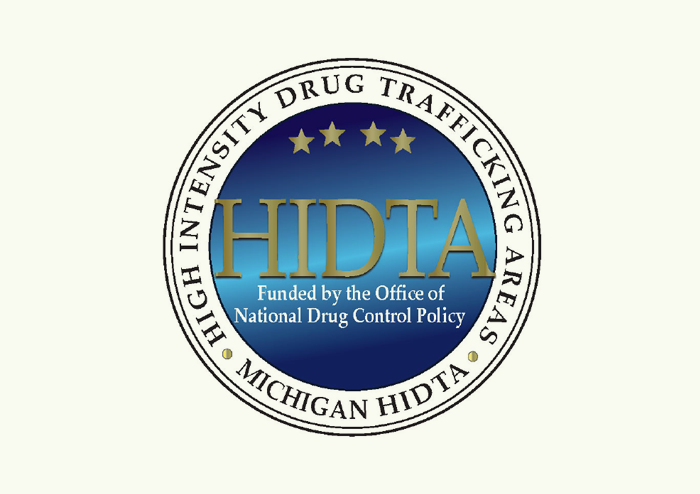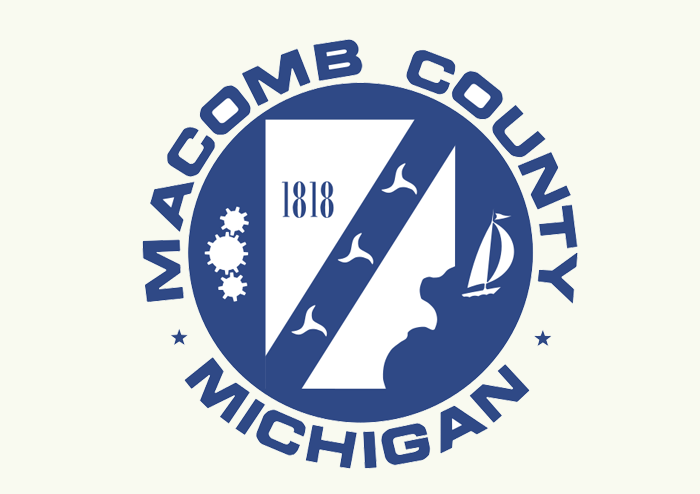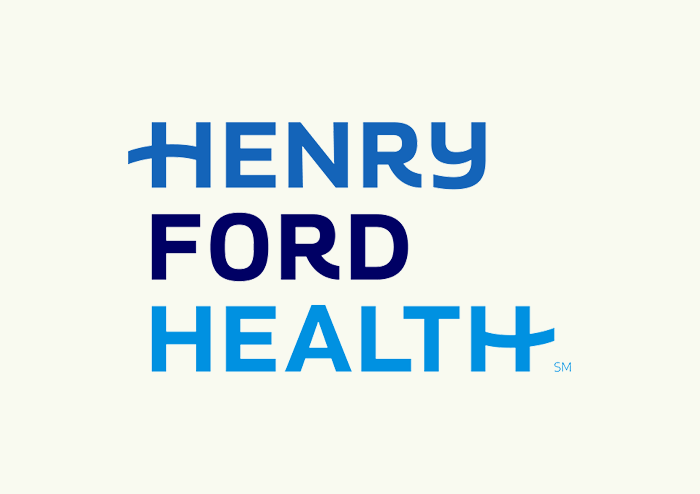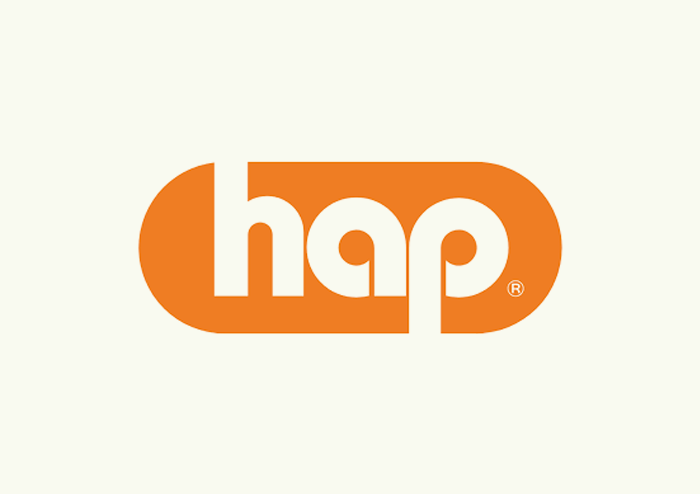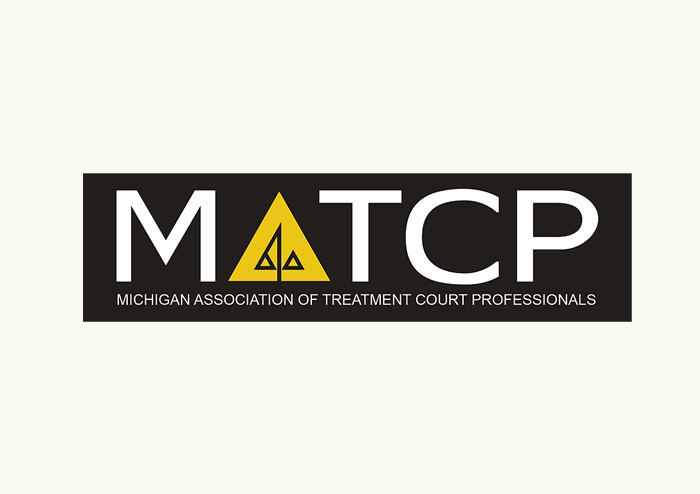Intended Audience:
This presentation is intended for healthcare providers, educators, policymakers, community leaders, supporters, and anyone interested in promoting a more compassionate and informed perspective on substance use disorders.
Description:
Misconceptions around substance use can discourage individuals from seeking the help they need, often leading to poor health outcomes and widespread confusion. This presentation aims to shed light on how these negative perceptions form, their real-world impact, and what we can do to encourage more informed and compassionate responses.
Key Topics:
-
Understanding Misconceptions: A look at how public attitudes, personal beliefs, and broader societal factors can shape the way substance use disorders are viewed—and how these perceptions may impact those affected.
-
Impact of Misunderstanding: A discussion on how negative public perceptions of substance use disorders can create barriers to treatment, complicate recovery, and contribute to emotional and psychological distress.
-
Stereotypes and Misconceptions: Identifying common misunderstandings about substance use disorders and how they contribute to harmful perceptions and barriers to care.
-
Language Matters: Highlighting the importance of using respectful, accurate language when discussing substance use and the individuals affected by it.
-
Role of Media and Society: Examining how media portrayals and public opinion shape perceptions of substance use—and how we can encourage more balanced and accurate coverage
-
Strategies for Shifting Perceptions: Practical ways individuals, communities, and organizations can help change public understanding of substance use, including education, outreach, and improvements in how services are delivered.
-
Promoting Empathy and Support: Encouraging compassion and understanding toward individuals with SUDs to help create a more welcoming and respectful environment.
I’M STILL A PERSON: THE STIGMA OF SUBSTANCE USE & THE POWER OF RESPECT
Written by Dr. Audrey Begun (MSW, Ph.D.), this interactive workbook is designed to help individuals build awareness and understanding around substance use and the misconceptions that often surround it—whether within themselves, their families, or their communities. The book explores how the words we choose when discussing substance use can shape public attitudes and offers engaging activities to help shift those perspectives. It also encourages readers to be positive forces in environments where individuals and families may face misunderstanding or judgment.
